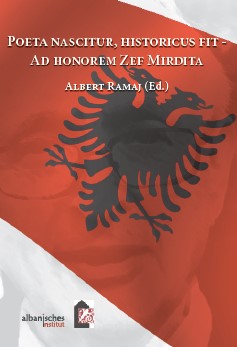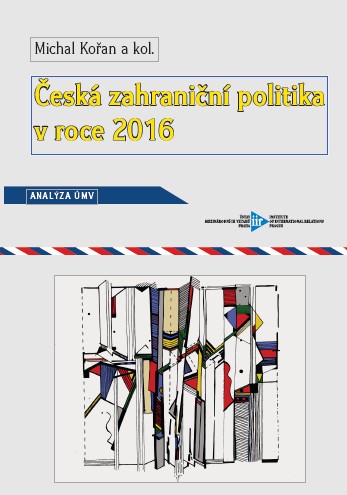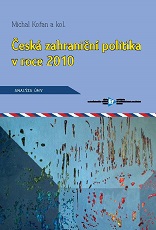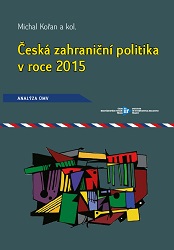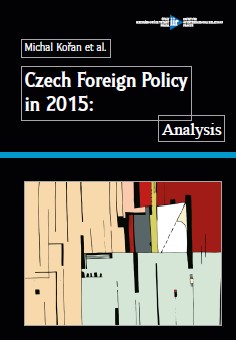
Kognitivna disonanca
Susret Putina i Porošenka u Minsku (umesto neodržanog sastanka u Berlinu) završen je rezultatom ravnim apsolutnoj nuli. Vladimir Putin je izjavio da nije on taj s kim treba razgovarati o miru u Ukrajini već da su to predstavnici Narodnih republika Donjecka i Luganska, a ministar inostranih poslova Sergej Lavrov je najavio da se Rusija sprema da na zaraćeno područje pošalje novi humanitarni konvoj. Ideja o upućivanju humanitarnog konvoja je tek postfaktum postala do kraja jasna. Njena suština nije u tome da se na teritoriju suseda, u „trojanskom konvoju“ prevezu vojnici, oružje ili vojna tehnika. Sve pobrojano se već nekoliko meseci uredno prevozi preko rusko-ukrajinske granice.
More...


